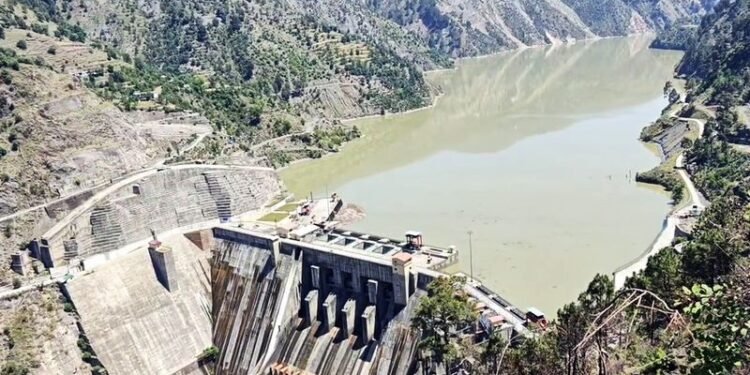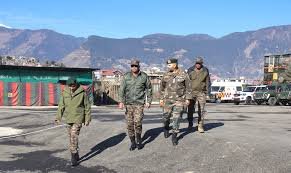Islamabad/New Delhi, Jun 28, 2025 : Pakistan on Saturday welcomed the ruling of the Permanent Court of Arbitration (PCA) in The Hague regarding the Kishenganga and Ratle hydroelectric projects in Jammu and Kashmir, calling it a “major legal win” and signalling its willingness to resume dialogue with India on issues related to the Indus Waters Treaty (IWT).
In an official statement, Pakistan said its “high priority” was for both countries to “find a way back to a meaningful dialogue, including on the application of the Indus Waters Treaty.”
The PCA, in its ruling, held that India’s April 2025 decision to place the Indus Waters Treaty in abeyance did not limit the court’s jurisdiction and declared its award binding on both parties.
India Rejects Ruling, Calls Arbitration ‘Illegal’
India strongly rejected the PCA’s ruling, calling it a “so-called supplemental award” and reaffirming its long-held position of non-recognition of the arbitration mechanism invoked by Pakistan.
In a sharply worded statement, the Ministry of External Affairs (MEA) said:
“India has never recognised the existence in law of this so-called Court of Arbitration… its constitution is a serious breach of the Indus Waters Treaty, and therefore, any proceedings or awards from it are illegal and invalid.”
India further accused Pakistan of manipulating international forums, calling this arbitration “yet another desperate attempt to divert attention from its own role as the global epicentre of terrorism.”
The MEA also reiterated that after the April 22 Pahalgam terror attack, India had placed the Indus Waters Treaty of 1960 in abeyance, citing its sovereign rights under international law.
“Until Pakistan credibly and irrevocably ceases its support for cross-border terrorism, India is no longer bound to perform any of its obligations under the Treaty,” the MEA stated.
India emphasized that no court of arbitration, especially one it deems “illegally constituted,” has the authority to question its sovereign decisions, including suspension of treaty obligations.
Background of the Dispute
The arbitration relates to Pakistan’s objections to the design features of Kishenganga and Ratle hydropower projects, which it claims violate the provisions of the Indus Waters Treaty. India has consistently maintained that its projects are in compliance with the treaty and that Pakistan’s invocation of arbitration was premature and flawed.
While Pakistan views the PCA ruling as a validation of its position that the treaty cannot be unilaterally suspended, India continues to assert that dispute resolution must occur through bilateral mechanisms as originally agreed upon in the 1960 treaty brokered by the World Bank.
The latest escalation adds a new layer of complexity to the already fragile India-Pakistan relationship, which remains strained following recent acts of terrorism and diplomatic disengagement.



















